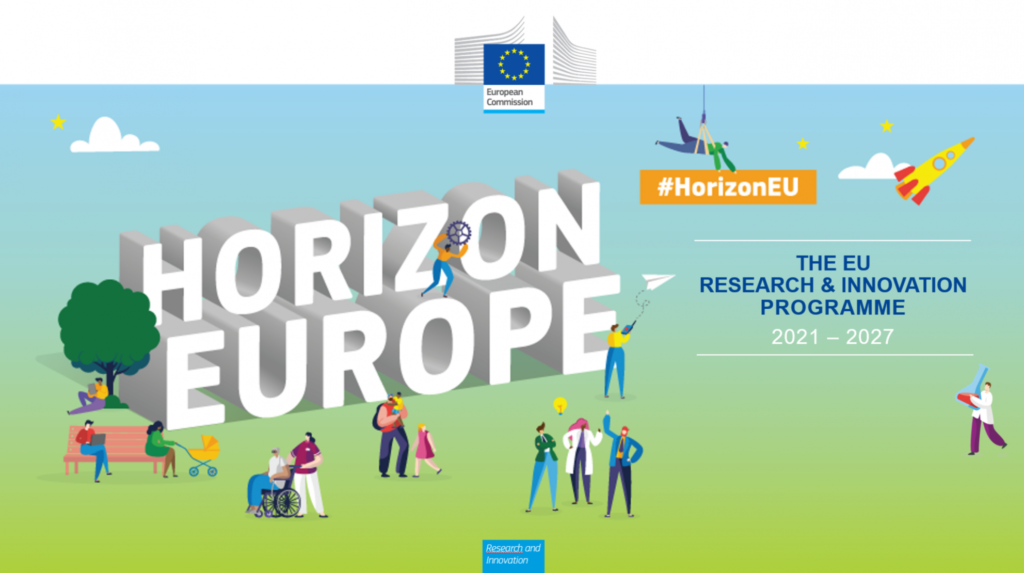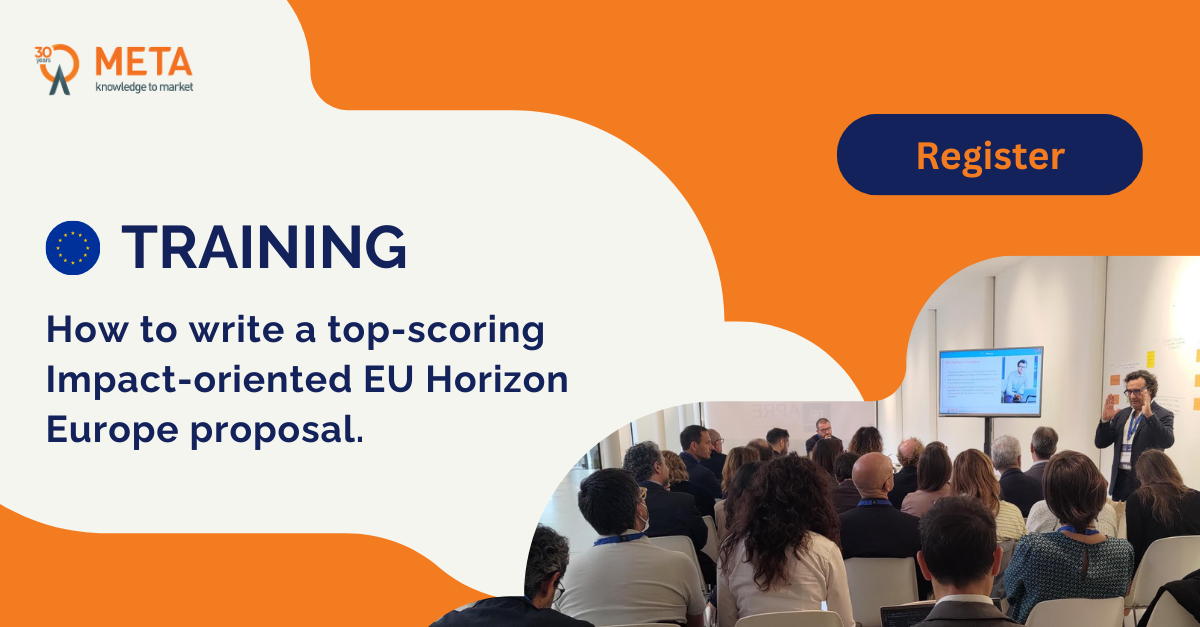How to write a winning EU proposal? This is always the tricky point. Discover how to stand out and make your project fundable.
In this article, we will break down the process of proposal writing into manageable steps and equip you with the tips and tricks needed to navigate through it successfully. From crafting a strong narrative to building the right consortium, keep reading to prepare your next proposal!
INDEX
1. Structure With Purpose
2. Highlight Your Advancement
3. Emphasise The Impact Of Your Project
4. Find The Right Partners
5. Build A Strong Consortium
6. Select The Right Call
7. Open Your Mind To Horizon Europe
8. Start Early To Prepare Your EU Proposal
9. Follow The Evaluation Criteria
10. Stay Informed!
1. Structure With Purpose
Writing a well-structured project proposal is essential for effectively communicating the key elements of your research project. By breaking down your proposal into specific sections, you articulate the components that define a promising collaborative research project. These sections include:
- detailing the proposed innovations and the rationale behind them (Excellence);
- outlining the short and long-term impacts of the project on science, technology; and society in alignment with European Commission policy priorities and Horizon Europe programme strategy (Impact);
- presenting a comprehensive plan to ensure the overall feasibility of the project (Implementation).
Make sure that each section of your proposal emphasises the technological advancements, the impacts, and the overall project feasibility to convey a cohesive and compelling narrative.
2. Highlight Your Advancement
The Excellence section should demonstrate the capacity of the project to produce results that go beyond the state of the art, adopting the suited methodology to reasonably achieve the project’s results, the general and specific objectives of the project. Address horizontal aspects such as AI, environmental considerations, gender dimensions, ethics, and Open Science practices.
A strong Excellence section ensures that the consortium proposes an ambitious project, to be implemented according to a sound methodology, overall consistent with the Horizon Europe implementation strategy. – Marco Liviantoni, EU grants senior expert
3. Emphasise The Impact Of Your Project
Build up a strong narrative in your Impact section by outlining a clear pathway towards achieving the expected impacts defined in the work programme destination. Highlight how your project’s results will translate into tangible outcomes, emphasising a robust approach to result exploitation. Ultimately, demonstrate how these outcomes will drive transformative changes in science, technology, economy, and society.
4. Find The Right Partners
Utilise various channels to find suitable partners, including existing research networks, institutional connections, B2B events, and targeted partner searches within the research and industrial communities.
Use the power of your network, ask for advice from your colleagues about potential partners and don’t underestimate the reach of focused groups on social media platforms. LinkedIn groups can be a great tool to find niche partners that can cover the weaknesses of your EU proposal.
5. Build A Strong Consortium
Form a consortium with partners capable of implementing the project and leveraging its results effectively. A strong consortium fits the scientific/technologic implementation and is equipped with partners interested and capable of using the project’s results and generating the desired outcomes. Balance your consortium in terms of academic and industrial partners. Involve organisations that can play a multiplier effect in exploitation and dissemination.
6. Select The Right Call
Encompassing a generic liaison of the call’s title with the field of investigation of your research team is not enough. Each single word used in the call’s scope, and expected outcomes is meaningful and can influence the chances of your idea to pass the expert evaluation.
Accordingly, make sure to conduct a thorough analysis of available calls, considering the alignment of your project idea with the scope, expected outcomes, and budget. Pay attention to the details of the call to ensure a good fit. Investing time and effort in this step will save you much time later!

7. Open Your Mind To Horizon Europe
Horizon Europe significantly differs from Horizon 2020 shifting from an activity-driven program (H2020) to an impact-driven programme (HE). It is a game-changer evolution pushing the focus on the possible effects of the project after its completion towards a positive economic, societal, technological and scientific impact. Therefore, the challenge for the applicants is the mind shift. Forcing them to think about the project in relation to the actual use of the results and not only in academic terms.
8. Start Early To Prepare Your EU Proposal
Proposals can be very complex. Having to put together inputs from all your partners is challenging. Even more for some consortia that count on large numbers of partners! It will require time to plan, provide feedback, assemble and agree on the different sections of your proposal. Begin working on your proposal at least 6 months before the deadline. This will allow ample time for comprehensive planning, consortium building, and proposal development.
9. Follow The Evaluation Criteria
Familiarise yourself with the evaluation criteria provided in the work programme for the specific funding instrument. Ensure that your proposal addresses these criteria comprehensively.
In these episodes of The Grant podcast, our CEO and expert evaluator for the European Commission, Alessia Melasecche, unveils the work behind the evaluation process: the rules they follow, how they evaluate a complex proposal, the differences between Horizon 2020 and Horizon Europe proposals, the selection of evaluators and much more.
10. And… Stay Informed!
The European Commission makes huge efforts to communicate the myriad of opportunities for applicants. Keep in touch with updates and changes in the EU funding landscape, including program guidelines, evaluation criteria, and deadlines, to maximise the success of your proposal. Make sure that you are periodically consulting their website and social media channels. CORDIS website could be a good starting point.
In addition, you can receive directly in your inbox our monthly newsletter. We share tips, information and calls about innovation and research in EU projects. Subscribe here.
META Group special training
To take your proposal writing skills to the next level, check out our training in April 23-25 on how to write a top-scoring Impact-oriented EU Horizon Europe proposal. Addressing the project’s impact is widely acknowledged as the most challenging aspect of proposal writing.
This special training will guide you through the features and mandatory points of the Excellence, Impact and Implementation sections, specifically focusing on creating impact. META Group experts will coach you to get the necessary knowledge and tools to maximise your chances of winning a Horizon Europe proposal.
Find more here and register now!


